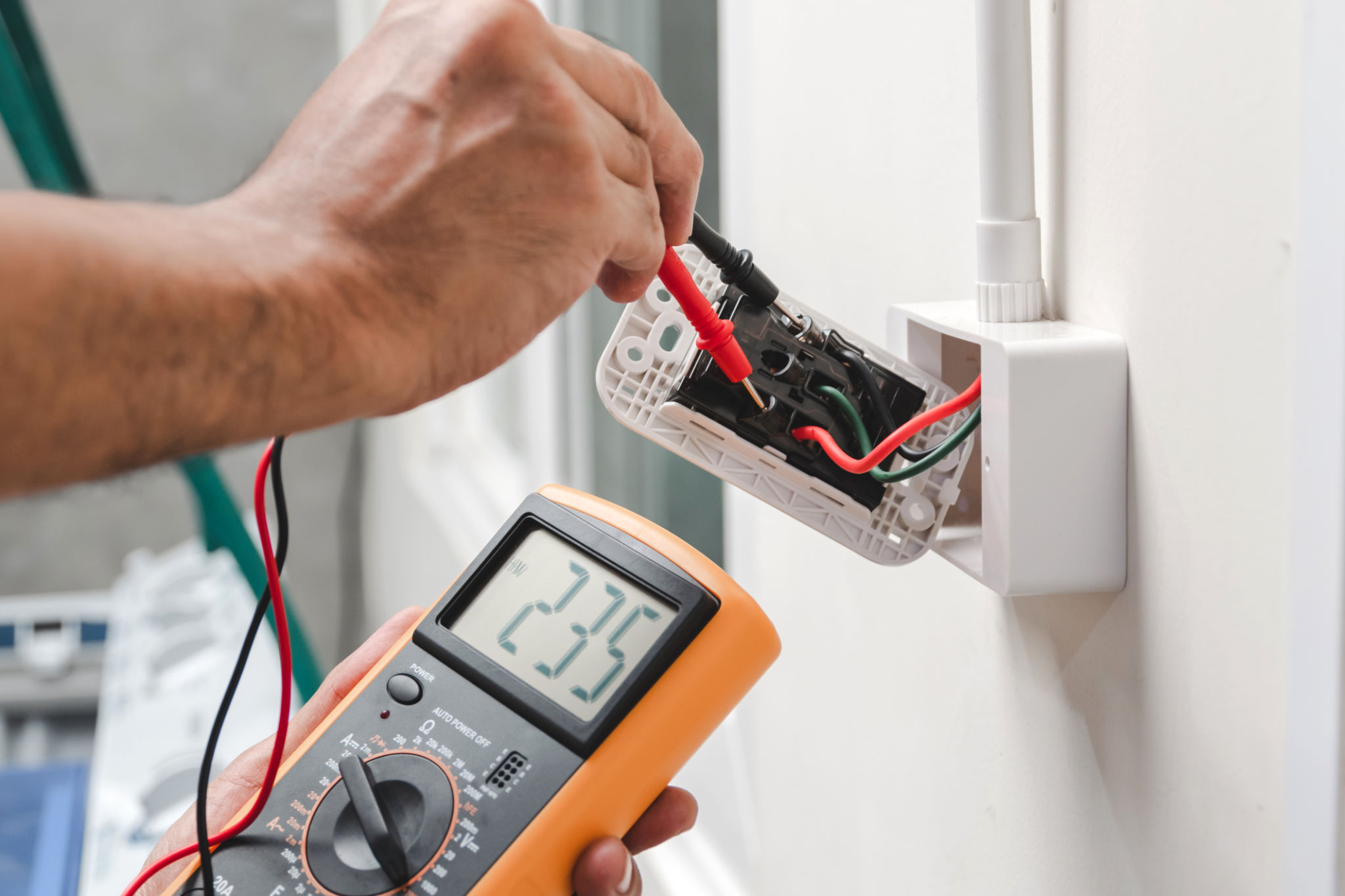Debunking Common Myths About Electrical Work
Introduction
When it comes to electrical work, there are numerous myths and misconceptions that can lead to confusion or even danger. It's essential to separate fact from fiction to ensure safety and efficiency in any electrical project. In this blog post, we'll debunk some of the most common myths surrounding electrical work, providing you with accurate information to guide your decisions.

Myth 1: Only Older Homes Have Electrical Problems
A prevalent myth is that only older homes experience electrical issues. While it's true that older wiring systems can have their challenges, newer homes are not immune. Poor installation, subpar materials, or even faulty appliances can lead to electrical problems in homes of any age. Regular maintenance and inspections are crucial, regardless of a home's age.
The Importance of Regular Inspections
To ensure safety and functionality, schedule regular electrical inspections. An inspection can identify potential risks before they become significant problems. Whether your home is decades old or newly built, keeping your electrical system in check is vital.

Myth 2: DIY Electrical Work is Safe
The rise of DIY culture has led many homeowners to believe that they can handle electrical work themselves. However, electrical work requires specialized knowledge and skills. Attempting DIY electrical repairs can be dangerous and may result in serious injury or fire hazards.
Understanding the Risks
Electrical work isn't just about connecting the right wires. It involves understanding complex systems and adhering to safety standards. Hiring a licensed electrician ensures that the job is done correctly and safely, protecting both you and your home.

Myth 3: A Tripped Circuit Breaker is Always a Serious Problem
While a tripped circuit breaker can be alarming, it doesn't always indicate a severe issue. Circuit breakers are designed to protect your home by shutting off electricity when there's an overload or short circuit. In many cases, it simply means that too many devices are drawing power from the same circuit.
How to Respond to a Tripped Breaker
If a breaker trips, first unplug some devices and try resetting the breaker. If it trips again immediately, it could signify a more serious problem that requires professional attention. Understanding how breakers work can help you respond appropriately and maintain safety.

Myth 4: All Electricians Are the Same
Not all electricians are created equal. The field of electrical work encompasses various specialties, from residential to commercial and industrial sectors. It's important to hire an electrician with expertise relevant to your specific needs.
Choosing the Right Professional
When selecting an electrician, consider their qualifications, experience, and reviews from previous clients. A well-qualified professional will ensure high-quality work tailored to your requirements, providing peace of mind and safety.
Conclusion
Understanding the truths behind common electrical myths is crucial for ensuring the safety and efficiency of your home’s electrical system. By debunking these misconceptions, you can make informed decisions and avoid unnecessary risks. Remember always to prioritize safety by consulting with qualified professionals for any electrical work.
